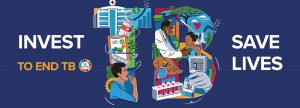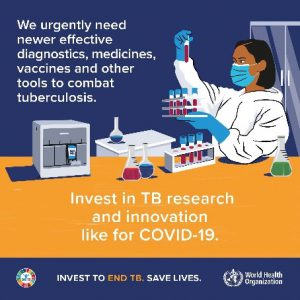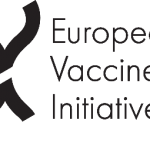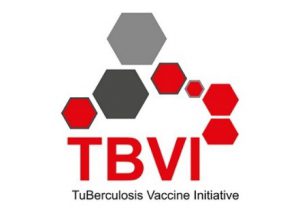 Tuberculosis (TB) remains one of the deadliest infectious diseases in the world, killing 1.5 million each year. Around 10 million people develop TB disease annually and 4,000 die of TB every day.
Tuberculosis (TB) remains one of the deadliest infectious diseases in the world, killing 1.5 million each year. Around 10 million people develop TB disease annually and 4,000 die of TB every day.
TB is also one of the major contributors to the global burden of antimicrobial resistance (AMR), with multidrug-resistant TB (MDR-TB) and extensively drug-resistant TB (XDR-TB) both on the rise. MDR-TB and XDR-TB are a particular concern to Europe as approximately 20% of all new TB cases in the WHO Europe region are MDR-TB or XDR-TB. Globally MDR-TB could cause 2.59 million deaths each year by 2050 and cost the global economy as much as US$ 16.7 trillion (O’Neill 2016).
The existing TB vaccine (BCG), more than 100 years old, given to newborns, does not adequately protect adolescents and adults, who are most at risk for developing and spreading TB.
Addressing the need for new vaccines requires a global and comprehensive coordination of efforts. Therefore, the TB Vaccine Development Pathway, an interactive online tool, has been created which helps vaccine developers consider all the stages of development and supports decisions to advance a vaccine into its next stage of development. In addition, the recently published Global Roadmap for Research and Development of Tuberculosis Vaccines offers a shared vision among global stakeholders on the short-term, medium-term, and long-term priorities for global TB vaccine development, and provides guidance on activities to accelerate the development and delivery of new tuberculosis vaccines.
The TB vaccine field has recently seen exciting scientific breakthroughs, with candidates generating positive results in clinical trials. To ensure the most effective and affordable vaccines are developed, it is necessary to invest in all phases of TB vaccine research and development. Yet progress and innovation continue to be hampered by limited funding. As a major global infectious disease killer, research and development (R&D) for TB remains woefully underfunded in relation to its impact. In one year, the world developed over twenty vaccines against COVID-19 and the global community invested about € 95 billion for the research and development of COVID-19 vaccines and therapeutics – 75 times more than all the funding for TB vaccine R&D from 2005 to 2020. “The COVID19 pandemic has demonstrated how incredible financial resources can be mobilised, and how amazing scientific progress can be made in record time with a dedicated and focused approach. Developing vaccines to combat TB deserves similar global attention”, says Ole Olesen, European Vaccine Initiative Executive Director. Fighting the COVID-19 pandemic requires global access to effective vaccines, and effective and affordable vaccines are also essential to combat TB.
financial resources can be mobilised, and how amazing scientific progress can be made in record time with a dedicated and focused approach. Developing vaccines to combat TB deserves similar global attention”, says Ole Olesen, European Vaccine Initiative Executive Director. Fighting the COVID-19 pandemic requires global access to effective vaccines, and effective and affordable vaccines are also essential to combat TB.
“It’s unacceptable that TB continues killing someone approximately every 22 seconds when we have the ability to discover new tools to stop it”, says Nick Drager, Executive Director of the Tuberculosis Vaccine Initiative. “Through collaborative research and development, new vaccines could efficiently be discovered to change the trajectory of the epidemic and save millions of lives every year. Only with new, more effective TB vaccines we will be able to mitigate the suffering of millions of people, meet the END TB goals and tackle other current threats such as antimicrobial resistance.”
The European Vaccine Initiative (EVI) is a leading European non-profit Product Development Partnership (PDP) that is supporting global efforts to develop effective and affordable vaccines against diseases of poverty and emerging infectious diseases.
As a non-profit foundation, TBVI creates an enabling environment for TB vaccine research and innovation (R&I) and product development. It supports its R&D partners in the development of the most promising TB vaccines and biomarker candidates through the pipeline, while adding value through providing services of technical advice for product development; project identification, development and management; and resource mobilisation.



